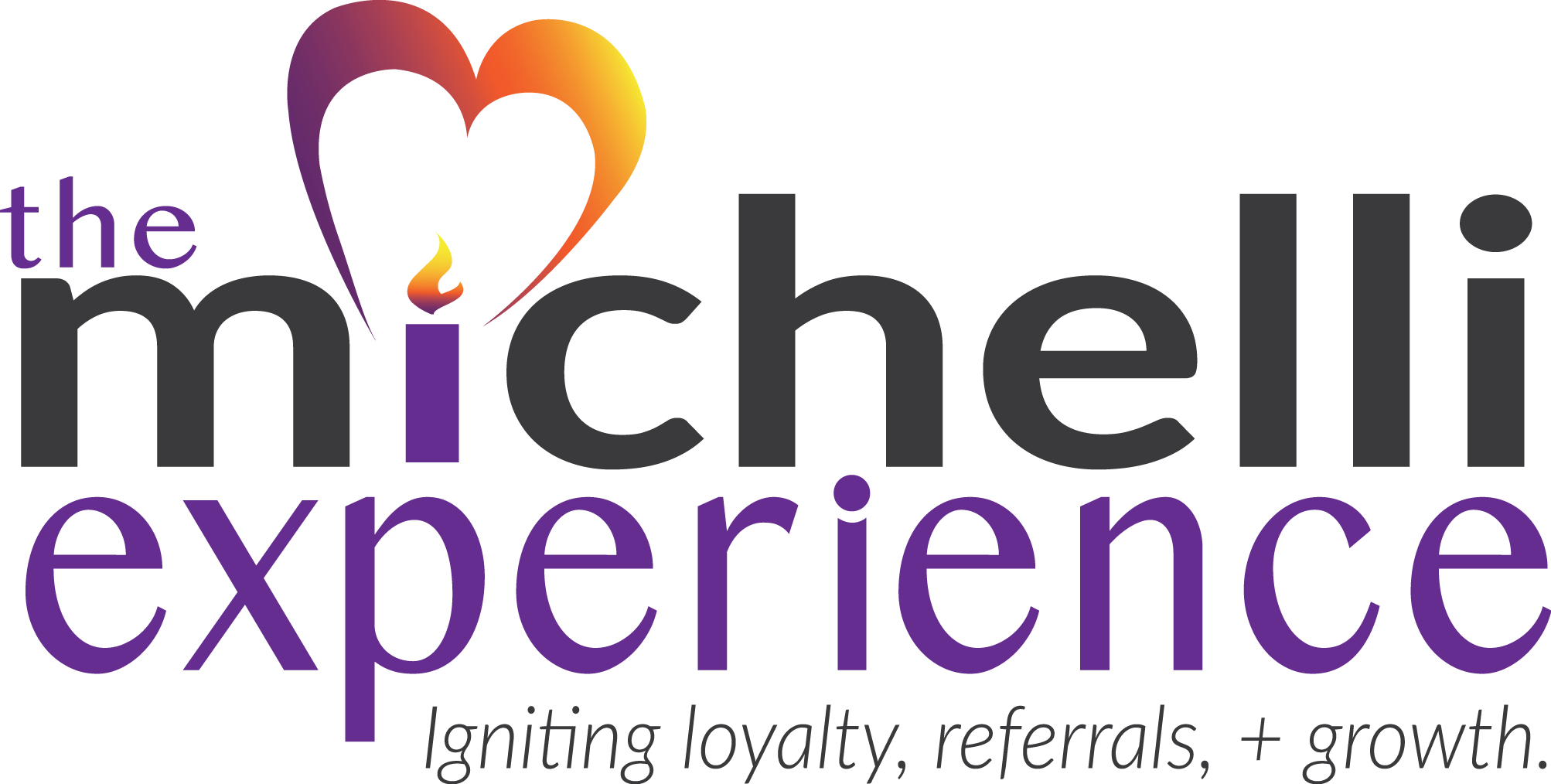If you want to understand the role of the Trump campaign in possible Russian election interference or in any subsequent cover-up, you need to switch blogs, however, if you care about your own relevance then keep reading.
Over the past several installments of this blog series (links below), we’ve looked at the role branded storytelling plays in the customer perceptions of the experience they have with your business. We’ve also explored how stories shared by customers shape the brand perception of prospects as well as other existing customers.
Over the course of this series, I’ve highlighted the essential elements of a memorable story (as told by a brand or an individual). Key story components previously discussed included a strong protagonist, a dynamic story arc, and a desired activating emotion.
I’ll now end this series with a discussion of a story hook. I like to say all stories can have a hook; however, all too often the storyteller fails to examine the story from all the angles needed to discover it.
The purpose of a hook is fairly obvious. Almost all of the time we are communicating we are in the disruption business. People are so busy and bombarded by a constant and unrelenting volume of in-bound stimuli. It takes an effective message to cut through the clutter and garner a prized possession – the attention of the viewer, listener, or reader.
A story hook can be defined in two ways.
A hook provides the audience a reason to care and/or answers the question – what’s at stake?
My headline for this story suggests the political underpinnings of U.S. democracy are not at stake in this blog, but your overall relevance hinges on your storytelling skill and more specifically on your ability to set a literary hook early in your story.
Hooks like all elements of a story should be authentic as you risk your audience becoming angry at themselves for being duped by a misleading hook. That anger magnifies and is reflected back on the storyteller.
The next time you plan to share a story you should ask yourself – why should anybody other than me care about this? If you can’t answer that question, you don’t know your hook.
Some of my favorite guidance on story hooks comes from K.M. Weiland in a blog she titled “How to find exactly the right story hook.” In it, she describes the problem involved in hook creation:
The hook is the tiniest of entry points into your vast and fascinating story. When you’re the ringmaster at the center of the circus—the one on the inside looking out—it can be downright tricky to figure out the best way to lure people inside the tent to see your fabulous show.
However, if you can’t find the entry point to your story, it often signals a bigger problem than just marketing trouble. It’s first and foremost a sign you’re struggling to find an awareness of and control over your story.
Even though I’ve written ten business books and a weekly blog dating back to approximately 2001, I continually work on the craft of hook writing.
Unlike fiction writers, business storytellers must share our ideas through a voice which is constrained by brand. As such, our hooks must not exceed our capacity to deliver. Part of the “why you should care” element of a business story must be because we care about those we serve and have chosen to offer this story with their interest in mind.
Here’s my recommendation.
Go back and read five recent brand communications (emails, newsletters, tweets, web copy, press releases, etc.). Ask yourself what was at stake in each communication? Why should the intended audience care about your story? Is the story told in a definable brand voice? Does the story imply a sense of “otherness” and does it reflect an authentic interest in the needs of those you serve? If not, it’s time to become a better hook-setter.
I might not be able to get to the bottom of the Mueller report, but I would be glad to help you with your branded storytelling which in turn will contribute to your branded customer experience. Simply, reach out to me, and we will find a time to connect.

Joseph A. Michelli, Ph.D. is a professional speaker and chief experience officer at The Michelli Experience. A New York Times #1 bestselling author, Dr. Michelli and his team consult with some of the world’s best customer experience companies.
Follow on Twitter: @josephmichelli



